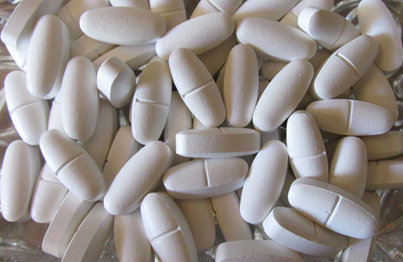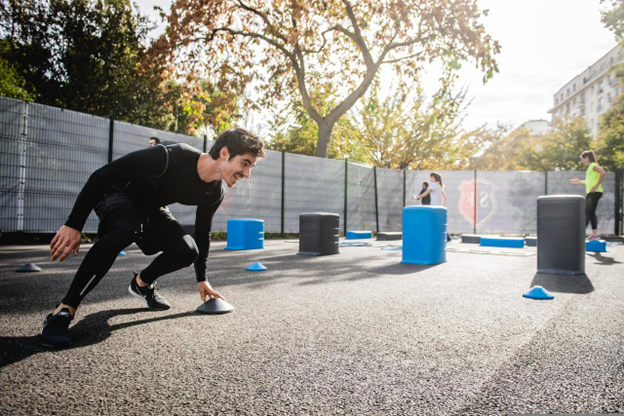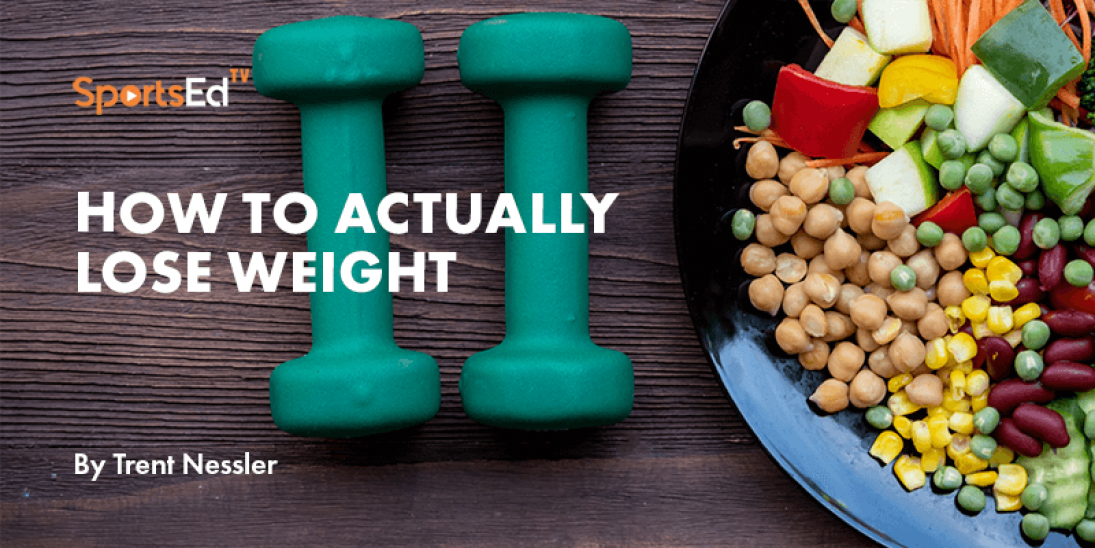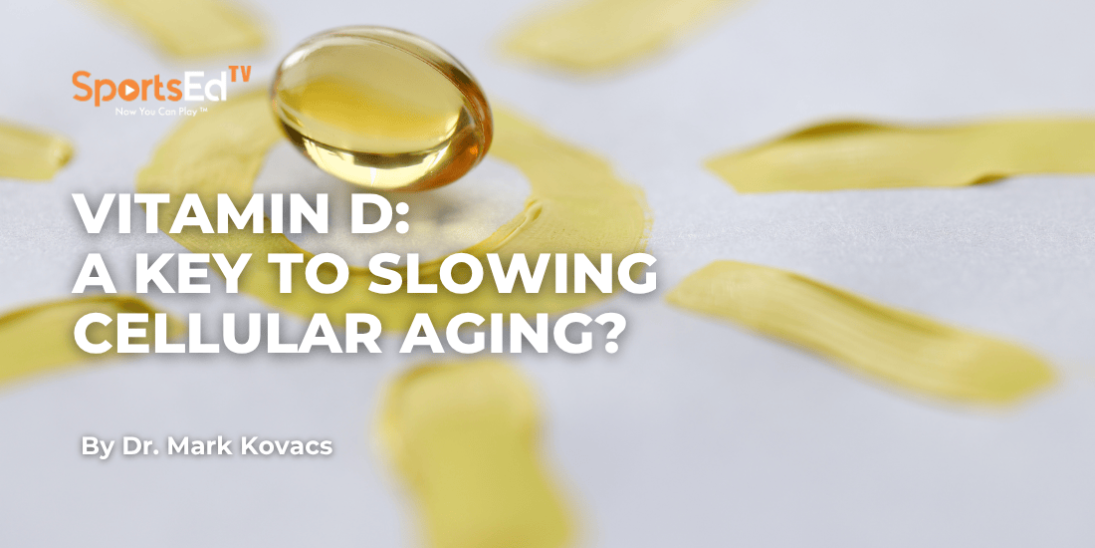Nutrition
Welcome and thanks for visiting...

4 Ways Multivitamins Help Athletes

After being diagnosed with Ménière's disease, Katie Leclerc decided to take control of her health and started working out. She soon became obsessed with fitness and now enjoys lifting weights, running, and practicing yoga.
A well-defined balanced diet accompanied by healthy lifestyle choices that include proper adequate sleeping patterns is normally considered to be sufficient to give most people the energy they need for daily activities.
However, this is not the same for athletes, the question remains! Do you ever feel like you are not getting the nutrients you need from your food? If you are an athlete, that is especially true.
That's where multivitamins come in - they help to fill in any gaps in your nutrient intake. But do multivitamins for athletes help them perform better? Read on to find out!
When it comes to athletes, they constantly push their bodies to peak performances. These athletes require additional energy boosters. Boosters like protein supplements or multivitamin supplements can help athletes beat fatigue and enhance their performance.

(Image Source: Pixabay)
Do multivitamins help athletes perform better?
When it comes to athletes’ performance and training, you want to make sure any supplement you are engaging in your body is a top choice. The same can be said for your multivitamin selection.
In simple words, a multivitamin can be considered as a mixture of essential vitamins and minerals of different proportions, designed with filtration for specific purposes depending on what an individual body needs.
Some of the Key ingredients in a Multivitamin
Vitamin B
Vitamin B is essential for good nutrition and overall health. They are crucial in the conversion of food to energy. Deficiency in vitamin B results in weakness and tiredness. Variations of vitamin B like vitamin B12 and vitamin B6 are vital for releasing energy as they aid the metabolism of carbohydrates, fats and proteins.
Iron
Iron ensures that our muscles are working properly. It aids the conversion of carbs into energy while exercising. Iron aids in the production of new cells, proteins, and hormones that help us recuperate from intense exercise.
Calcium and Vitamin D
Calcium and vitamin D help our body build and maintain healthy bones, teeth and muscles. These vitamins can help athletes maintain muscle mass and reduce the risk of injuries such as bone fractures and muscle sprains.

(Image Source: Pixabay)
Creatine
This is another common ingredient we find in a multivitamin. Creatine is often used by athletes since this is a legal nutritional aid for sports performance. Creatine has the effect of increasing your muscle strength and muscle mass.
Caffeine
The most common and unnoticed ingredient is caffeine. Caffeine can benefit endurance performance, and high-intensity exercises. Furthermore, most multivitamins have been found to contain caffeine, taurine, and amino acids that help athletes feel focused and increase the time that it takes them to feel exhausted.
THE BENEFITS OF MULTIVITAMINS
-
It boosts your metabolic rate.
The process through which your body transforms the food and liquid you consume into energy is known as metabolism. During this process, the thermic effect of food takes place in which energy from food and drink combined with oxygen is released into the body. Sports can have an impact on an athlete’s metabolism. This is because it boosts calorie burning. With aging, sports, and physical training, the metabolic rate slows. Adding multivitamins temporality into your diet or post-workout can boost your metabolic rate because multivitamins have a much higher TEF (thermic effect of food).

(Image Source: Pixabay)
-
It promotes muscle strength and growth.
Multivitamins like creatine, calcium, and vitamin D help build and strengthen muscles. Strength training causes micro-tears in your muscles, which are repaired by nutrients in multivitamins, and they grow stronger as a result. Excellent multivitamin supplements contain the fundamental amino acids as a whole and are rich in Branched-chain amino acids (BCAAs).
-
Accelerates healing
Injuries are part and parcel of an athlete’s life. An injured limb is usually confined after an injury. It can lead to a loss of muscle mass and strength. Nonetheless, getting sufficient nutrients can assist in limiting this misfortune. Multi-vitamin intake is especially important when you begin retraining your body, as it can improve muscle and tissue development. Moreover, a healthy diet routine might assist with keeping inflammation from getting aggravated and dialing back your recuperation. So, in hindsight multivitamins can not only help you build stronger muscles but also promotes their strengthening and recovery.

(Image Source: Pixabay)
-
Aids muscle maintenance
Although multivitamins are not designed to build muscle on their own, the presence of micronutrient vitamins in an athlete's diet is critical. When you exercise or train, such as lifting weights or running, a few of your muscle cells break down. Micronutrients can help repair exercise-induced muscle damage and build more muscle, making them stronger.
A word of caution – A mega-dose of multivitamins and minerals can be dangerous. You need to be acutely aware of UL numbers or Tolerable Upper Intake Level. Taking too much of a micronutrient can cause harm by increasing the risk for toxicity. The key is for athletes to figure out where they may be deficient and come up with a dietary plan to solve those problems by consulting an expert or a doctor.








